Photographs: Mario Tama/Getty Images
Lance Armstrong has never lacked the stomach for a fight, surviving testicular cancer and emerging triumphant from the gruelling Tour de France a record seven times, but on Thursday the American finally said 'enough is enough'.
Dogged by doping allegations throughout his illustrious career, the 40-year-old Texan stunned the sports world by saying he would no longer fight an investigation by the United States Anti Doping Agency (USADA), and its CEO Travis Tygart, into the latest round of accusations.
"There comes a point in every man's life when he has to say: 'Enough is enough,'" the American announced on his website on Thursday, a comment seemingly incongruous with the American's 'No guts, No glory' approach to cycling.
"Pain is temporary," he once said. "If I quit, however, it lasts forever."
'The toll this has taken on my family'
Image: Lance ArmstrongPhotographs: Alex Wong/Getty Images
The USADA were quick to pounce, saying they would strip him of his titles and ban him from competitive cycling, though Armstrong maintains they have no jurisdiction to do so.
Harsher repercussions though could come from the World Anti-Doping Agency and cycling's governing body, the International Cycling Union (UCI). The International Olympic Committee could also take action - Armstrong won a bronze medal at the Sydney Games In 2000.
Allegations of drug use have come from all corners of the sports world but one-by-one the American met them head on and emerged unscathed. His decision to walk away before a final fight was totally unexpected.
"I have been subjected to a two-year federal criminal investigation followed by Travis Tygart's unconstitutional witch hunt. The toll this has taken on my family, and my work for our foundation and on me leads me to where I am today - finished with this nonsense," Armstrong said in the statement.
His titles, prize money and bronze medal could all be at risk
Image: Lance ArmstrongPhotographs: Spencer Platt/Getty Images
While the American says he is bringing the matter to a close, in truth this may just be the beginning.
His titles, prize money and bronze medal could all be at risk, with some blogs and social media accounts comparing him to American sprint queen Marion Jones, who served prison time after lying about her use of performance-enhancing drugs.
Despite the firestorm caused by his decision, Armstrong in no way admitted defeat and said he has been fending off doping accusations for more than a decade.
"I have been dealing with claims that I cheated and had an unfair advantage in winning my seven Tours since 1999," Armstrong said.
"If I thought for one moment that by participating in USADA's process, I could confront these allegations in a fair setting and - once and for all - put these charges to rest, I would jump at the chance.
"But I refuse to participate in a process that is so one-sided and unfair."
Armstrong continually passed drug tests
Image: Lance ArmstrongPhotographs: Bryn Lennon/Getty Images
The accusations against him focus on a time before Armstrong became the household name that helped drag the sport into the global spotlight with a more professional approach, analysing diet, tactics and technology to be the best.
In 1996, he was told he had only a slim chance of surviving an advanced stage of testicular cancer that had spread throughout his body. It was at this point that Armstrong's extraordinary strength of character first came to light.
He beat the odds to overcame the disease and returned to his bike to claim the first of his record seven Tour de France titles in 1999, though not everyone believed the Hollywood-like script.
As many of his competitors at that time were caught doping in one of the worst periods for the sport, Armstrong continually passed drug tests and went on to claim six more Tour titles before retiring in 2005, but the allegations would not fade.
He fought off an accusation from French sports daily L'Equipe in 2006 that alleged some of his urine tests in 1999 had contained blood-boosting drug erythropoietin (EPO).
Armstrong was cleared by the UCI of any wrongdoing after an independent investigation and retired, though unusually he continued to undergo drug tests - all of which he cleared.
'Blood. Urine. Whatever they asked for I provided'
Image: Lance ArmstrongPhotographs: Bryn Lennon/Getty Images
He returned to professional cycling in 2008 in a bid to raise awareness of cancer and took part in two more Tour de France races before quitting again in 2010.
Fresh allegations came from former team-mate Floyd Landis, the 2006 Tour winner, who said Armstrong had used drugs during his career and showed others how to avoid getting caught.
Armstrong denied the allegations from Landis, who was found to have doped and was stripped of his 2006 triumph.
Rehashing previous statements that he had passed every blood and urine test, in and out of competition, Armstrong was then hit by a USADA charge in June this year based partly on testimonies from other cyclists.
After failing to have the probe blocked by a federal court, he decided it was time to give up the fight, leaving his legacy open to attack.
"Regardless of what Travis Tygart says, there is zero physical evidence to support his outlandish and heinous claims," Armstrong said.
"Blood. Urine. Whatever they asked for I provided. What is the point of all this testing if, in the end, USADA will not stand by it?"

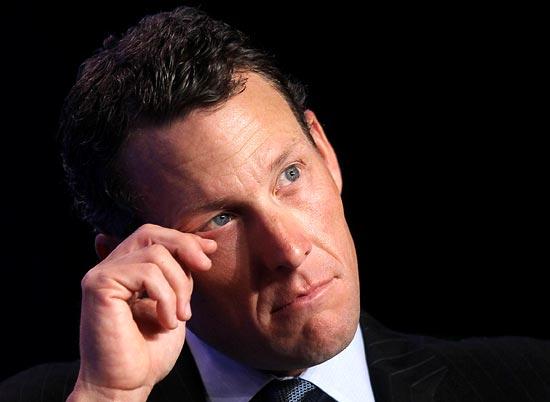
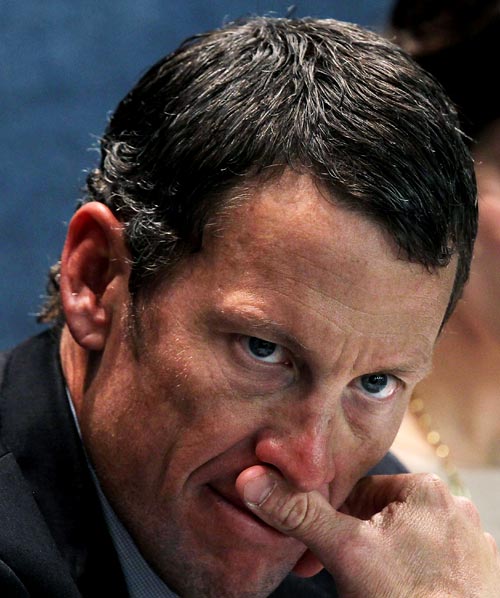
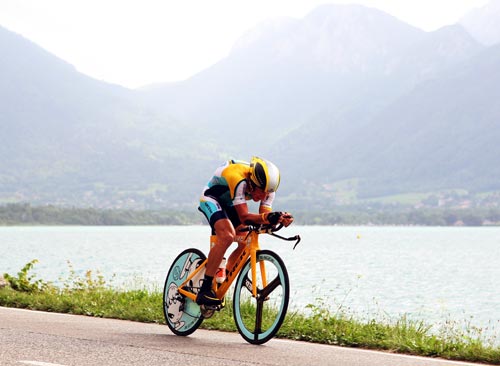
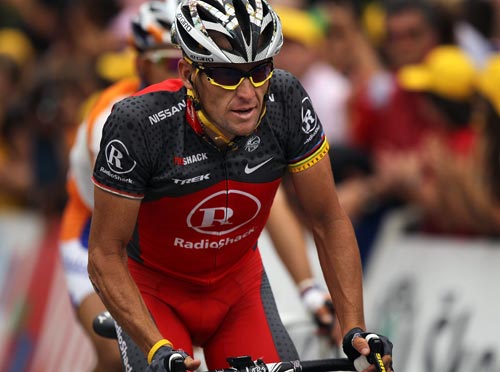
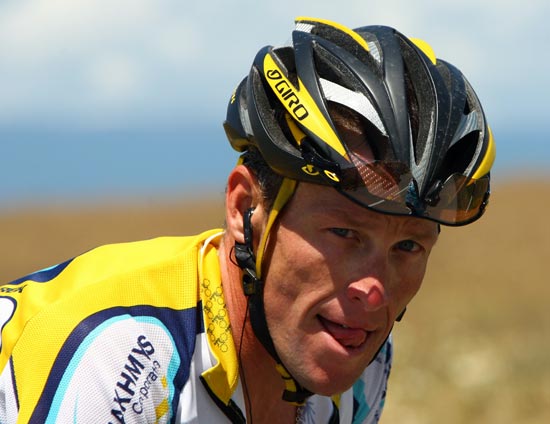

Comment
article